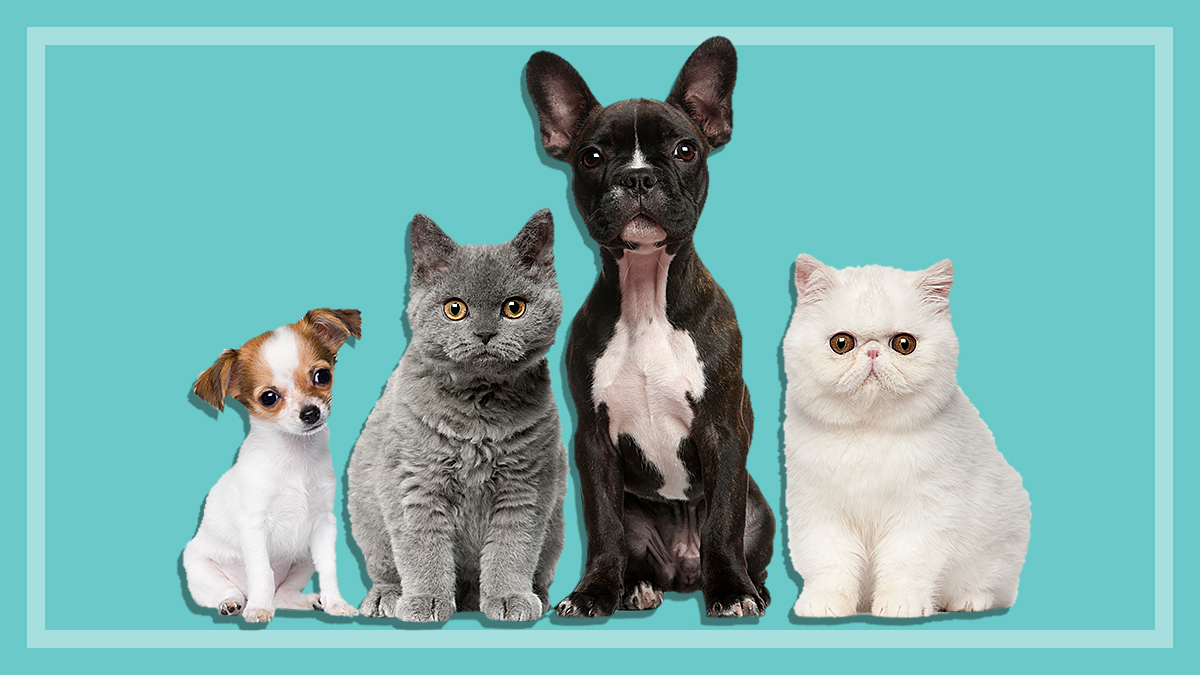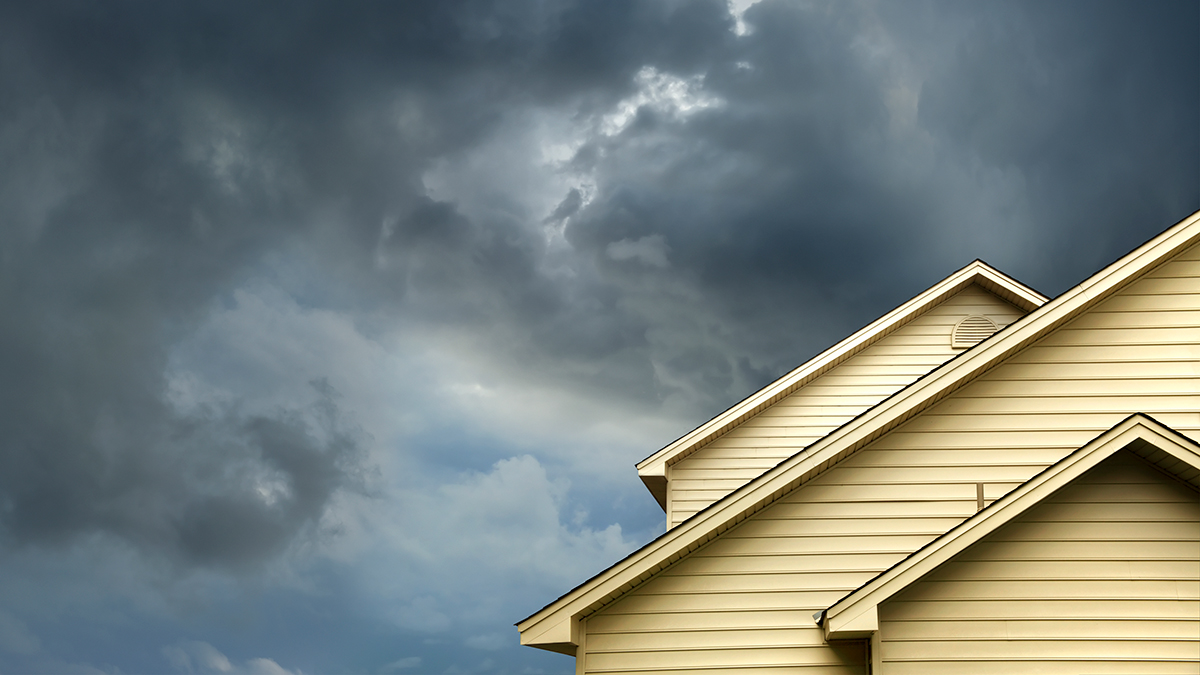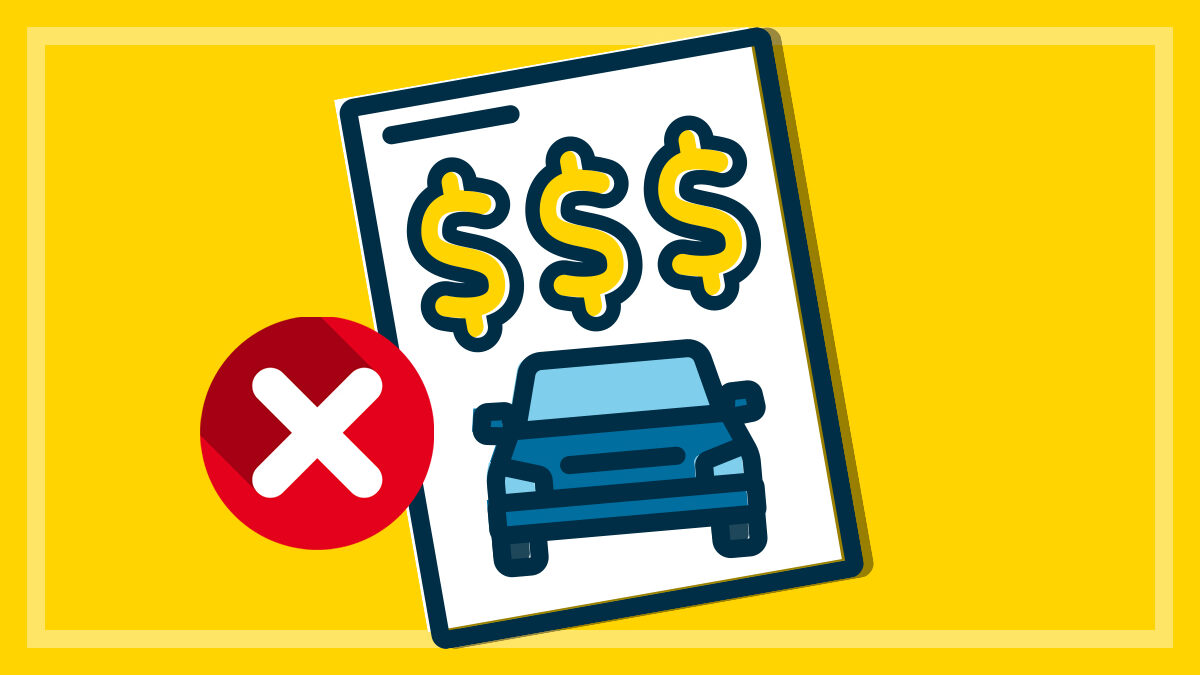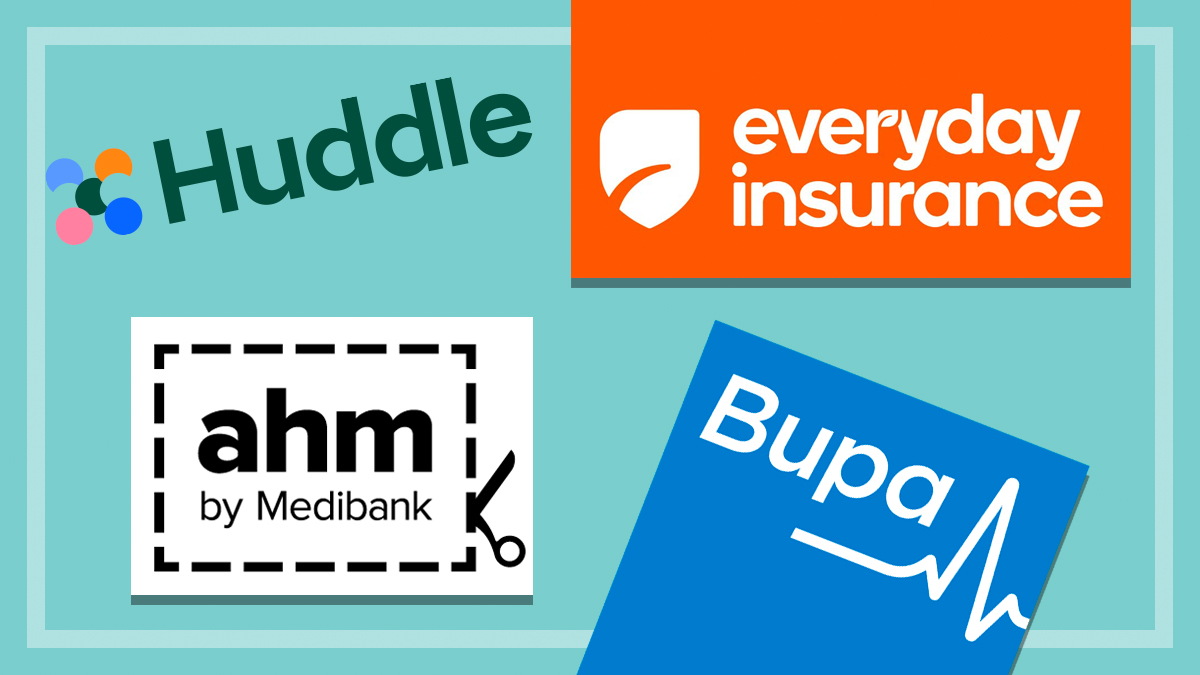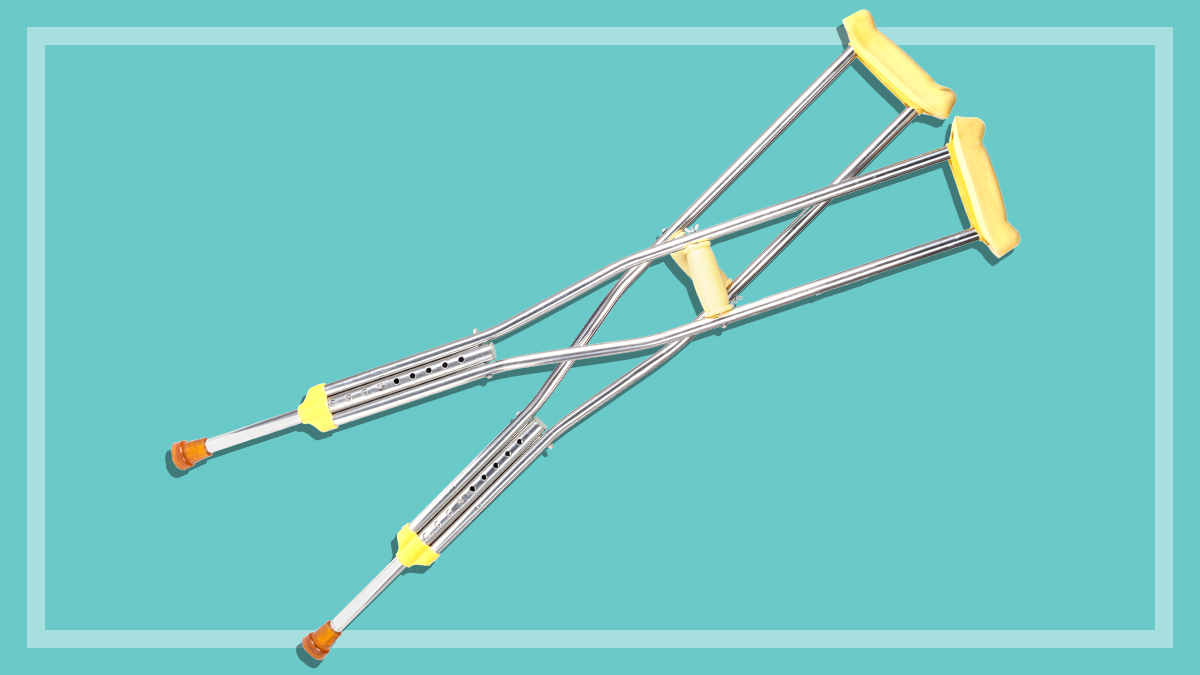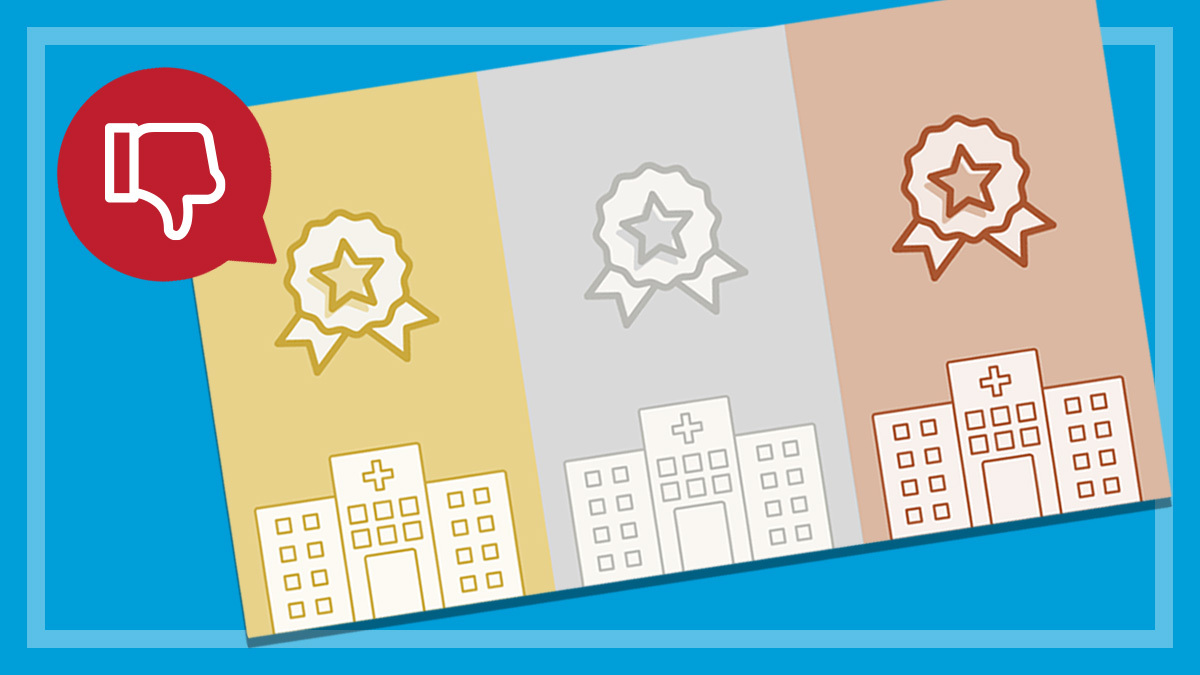Get our independent lab tests, expert reviews and honest advice.
10 things I’ve learnt as a new puppy owner
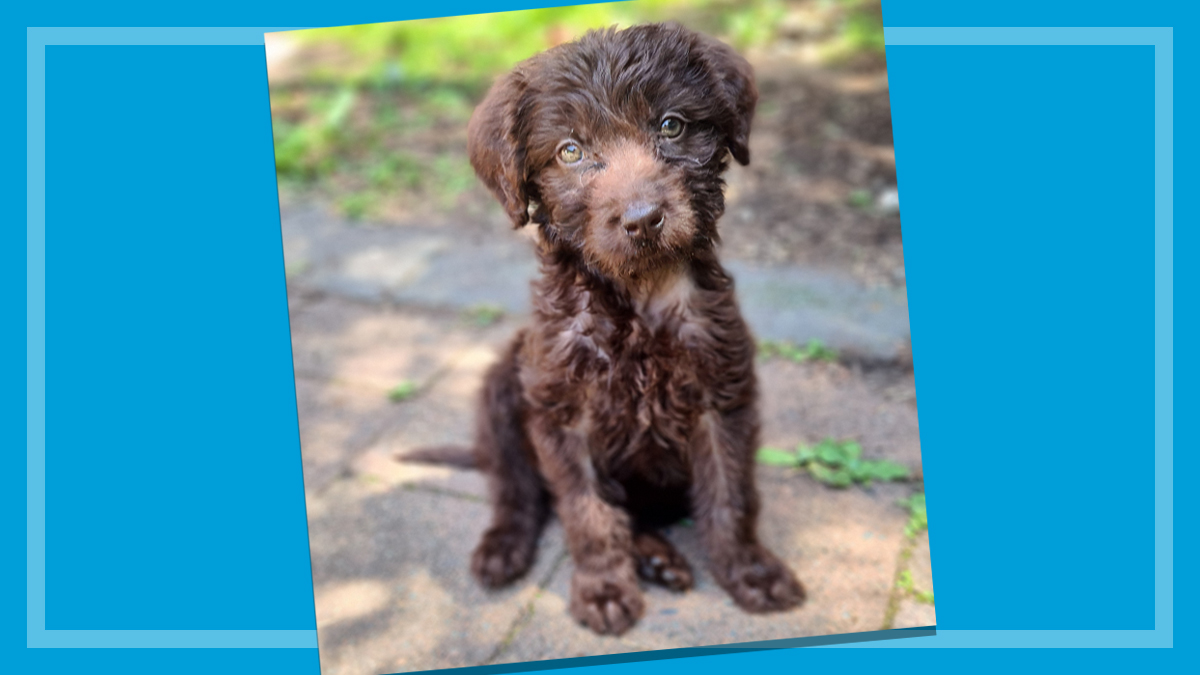
As a child growing up in country NSW I’d owned plenty of pets: budgies, quails, chickens, cats – even a lamb. But never a dog.
I’d observed enough people and their dogs to know that puppies require plenty of time and effort.
After many years saying “not yet”, a serious lobbying campaign from my kids pushed us into the consideration zone. COVID-related changes also meant I was spending a lot more time working at home, so the prospect of a furry companion was pretty appealing.
A beautiful little labradoodle called Vivienne came into our lives in February 2021. She’s now a fully-grown dog and we’ve definitely learnt a few lessons along the way.
1. You need to be consistent and persistent
The first 12 months of puppy ownership are all about setting up your dog’s daily routine.
There aren’t really any shortcuts to a well-behaved dog, it’s all about consistency and patience.
If, like me, you’re not known for doing things consistently, get ready for some life changes.
2. They’ll wake you up at night
Like human babies, puppies take a while to adjust to sleeping at the same time as the other humans in the house.
It didn’t take many sleep-deprived nights with our new arrival to make me remember why I’d decided not to have more kids.
Fortunately Viv’s two-hourly waking phase was over in weeks, not years.
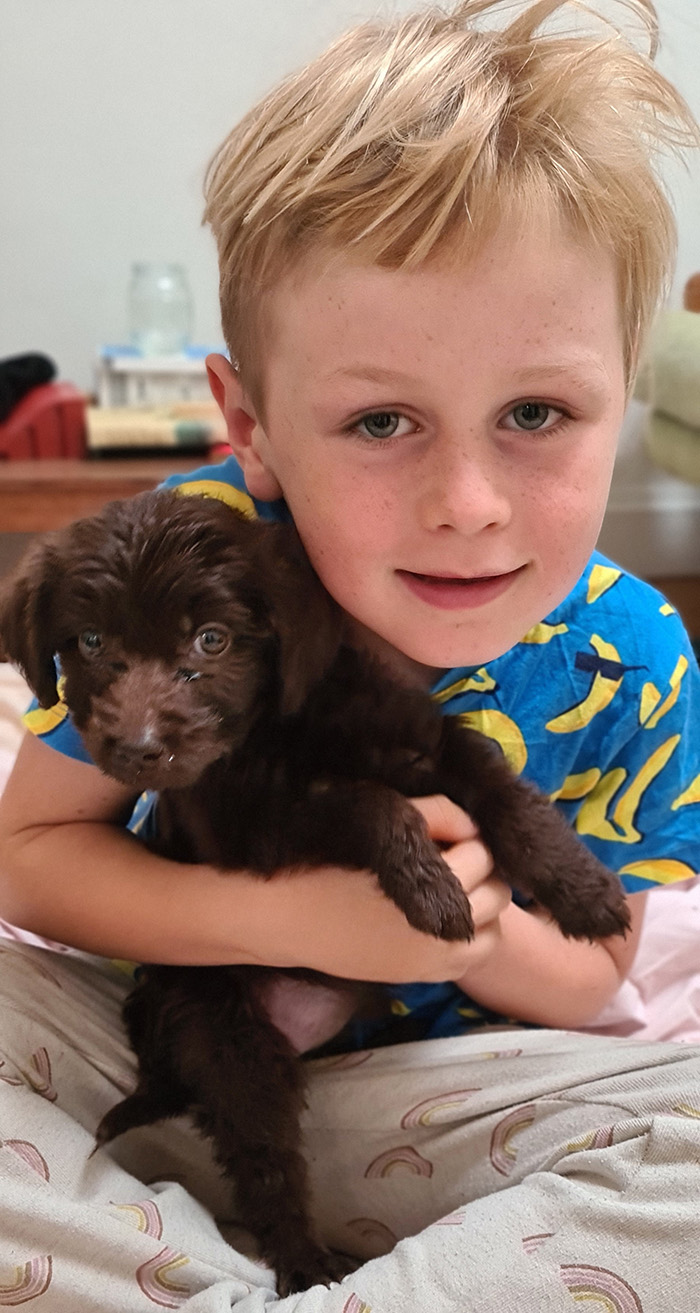
3. Toilet training is unavoidable
Most pups don’t start toileting consistently until they’re at least four months old, and there are no dog nappies. So it’s best to prepare for accidents.
Viv arrived during a record-setting month of rain in Sydney. Neither of us was thrilled about standing outside in the rain toilet training.
Viv would generally wait until I’d given up and taken her back inside, before letting loose.
Which leads me to the next point…
4. A baby safety gate is a wise investment
We decided to block off access to our bedrooms to keep Viv contained to our living areas, which have more wee-friendly floorboards. That meant the toileting damage was mainly limited to our nostrils.
We also had a stash of pre-bought puppy training pads, but Viv generally ignored them and toileted everywhere else. I’d skip those in future.
5. Wait a few weeks before going to puppy school
With limited puppy-parenting skills, I decided to get in early and enrol Viv in a puppy course that started during her first week in our family. In retrospect, that was a bit soon.
She handled all the basic tasks well, but the guidance on things like toilet training and lead walking was more appropriate for an older puppy.
The good news was that (unlike kids) it’s perfectly acceptable to encourage your pup to do the right thing with liberal amounts of dog treats. Win.
6. You won’t know how to dog parent straight away
The instant love I felt for Viv also came with a big dose of self doubt. Was she sleeping properly? Why was she barking at everything in the house? Would she ever stop pooing everywhere?!
Friends and workmates provided plenty of advice on how to tackle these challenges, but their varying approaches left us feeling even more confused.
In the end we booked two in-home visits from an empathetic local dog trainer. Many of her tips were freely available online, but the one-on-one coaching (and reassurance that we weren’t completely failing as dog parents) was worth it.
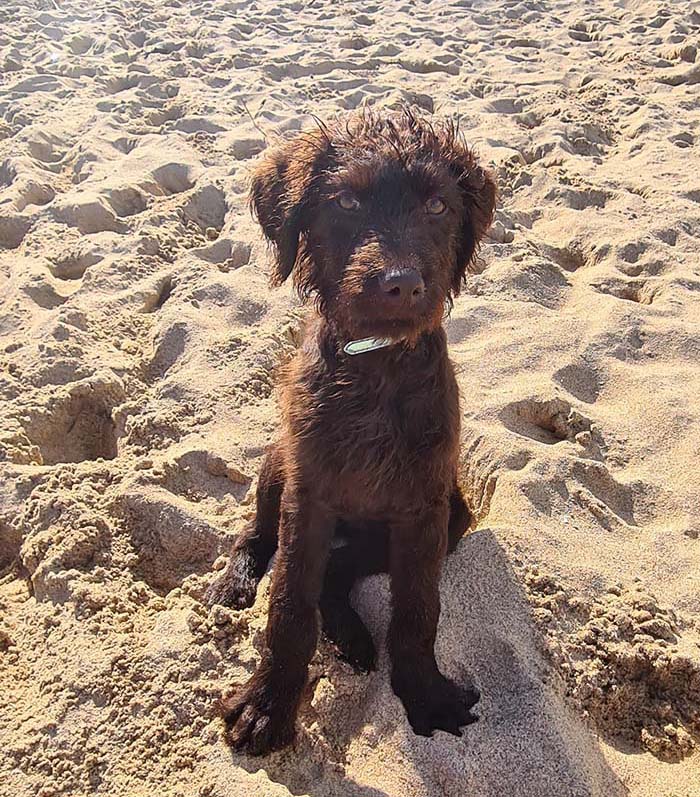
7. Vet bills can be unexpectedly expensive
Viv swallowed a tiny grape within an hour of entering our house. A quick Google search revealed that a single grape could make our tiny little pup pretty sick, so off to the emergency vet we went.
The grape ingestion incident resulted in a $660 bill for an injection to help her vomit up the offending item, and a $330 blood test, plus the option of two days’ observation on a drip (at a cost of about $2000).
Tough call, but after the initial treatment we decided to take a chance and observe her back at home. And I decided to look into pet insurance.
8. Consider buying pet insurance
For humans, Medicare isn’t perfect, but it generally covers most of our medical needs without the need to fork out for an additional private insurance policy (as long as you’re OK with potentially long waiting lists and not being able to choose your own doctor).
For pet owners, deciding whether to buy insurance isn’t an easy decision. Unfortunately there’s no ‘veticare’ for pets, so there’s always the prospect that you’ll end up with a sizeable bill for your pet’s health care. On the flip side, I know pet insurance comes with plenty of caveats and policy exclusions, so it’s not a failsafe option.
After a rogue chocolate bunny ingestion incident resulted in another emergency vet visit, I decided to sign Viv up. Because she’s young, has no pre-existing conditions, and is obsessed with consuming anything remotely edible (including Lego), it made sense for us.
Since then, we’ve been amazingly fortunate not to have any further vet visits outside regular check ups, but the peace of mind is worth it.

9. Get a good vacuum cleaner
Viv is a first-generation shaggy labradoodle, so she didn’t inherit her poodle dad’s shed-free curls.
On the plus side, that shaggy coat means she needs minimal grooming and brushing. The downside of that are the little tumbleweeds of dog fur all over our house, bedding and couches as the weather warms up.
Our previous vacuum cleaner didn’t do an amazing job sucking up pet fur, so we traded up to a Dyson Ball Animal Origin, one of the vacs that scored well for pet hair removal in our latest lab test.
10. The hard work is worth it
Three years into dog ownership, most of my predictions about time and effort were right. Becoming a puppy parent does mean a lot of cleaning, sleep deprivation, patience and money spent on vet bills. But it’s also been wonderful.
While I’ll do a few things differently next time if I get another puppy, I’m 100% converted to the joys of dog ownership.

